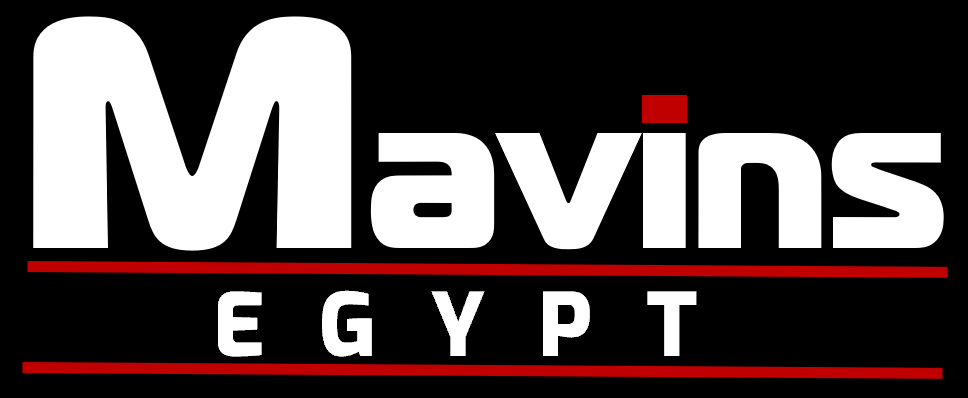
In recent years, Egypt has accelerated its journey toward digital transformation across various sectors, with tax administration being a pivotal focus. One of the most significant steps in this direction is the expansion of e-invoicing mandates. These requirements aim to modernize and streamline the country’s tax system, fostering transparency and efficiency while aligning with global best practices.
Understanding the E-Invoicing Mandate
The Egyptian Tax Authority (ETA) introduced the e-invoicing system to enhance the efficiency and accuracy of tax administration. Initially rolled out in phases, the mandate now applies to businesses of all sizes. By requiring electronic invoices for B2B and B2C transactions, the government seeks to combat tax evasion, improve revenue collection, and create a more structured financial ecosystem.
The mandate necessitates that businesses integrate with the ETA’s platform to issue, receive, and store invoices electronically. This shift eliminates the traditional paper-based system, ensuring real-time reporting and verification of transactions.
Key Implications for Businesses
- Technological Integration: Organizations must adopt or upgrade accounting software to ensure compatibility with the e-invoicing platform. This involves not only selecting the right tools but also training employees to use them effectively.
- Compliance Advisory Needs: As the mandates expand, many businesses, especially SMEs, may struggle to understand and meet the requirements. Professional guidance from compliance advisors is crucial to navigating this complex landscape.
- Operational Transformation: Beyond compliance, the adoption of e-invoicing can revolutionize internal processes. Automated invoicing reduces errors, accelerates cash flow, and provides actionable financial insights.
Challenges in Implementation
While the benefits of e-invoicing are substantial, the transition is not without challenges. Businesses face hurdles such as:
- Initial Costs: Upfront investment in technology and training can be a barrier, particularly for smaller enterprises.
- Awareness Gaps: Many companies are still unfamiliar with the technical and procedural requirements of the system.
- System Integration Issues: Legacy systems may not seamlessly integrate with the ETA’s platform, requiring tailored solutions.
How Mavins Egypt Can Help
At Mavins Egypt, we understand that navigating the complexities of e-invoicing mandates can be daunting. Our team of experts offers:
- Compliance Advisory: Comprehensive support to ensure your business meets all legal and procedural requirements.
- Technology Solutions: Assistance in selecting and implementing accounting software that integrates seamlessly with the ETA’s platform.
- Training and Support: Tailored training programs to equip your team with the necessary skills for smooth adoption.
By partnering with us, you can turn compliance challenges into opportunities for operational excellence and strategic growth.
Looking Ahead
The expansion of e-invoicing mandates is not just a regulatory shift; it’s a cornerstone of Egypt’s broader vision for a digital economy. Businesses that embrace this change proactively will not only achieve compliance but also unlock new levels of efficiency and competitiveness.
Stay ahead of the curve with Mavins Egypt as your trusted partner in tax digitalization.
#EInvoicing #TaxDigitalization #EgyptBusiness #ComplianceAdvisory #AccountingTechnology #DigitalEconomy #SMEGrowth #BusinessInnovation #TaxCompliance #MavinsEgypt
